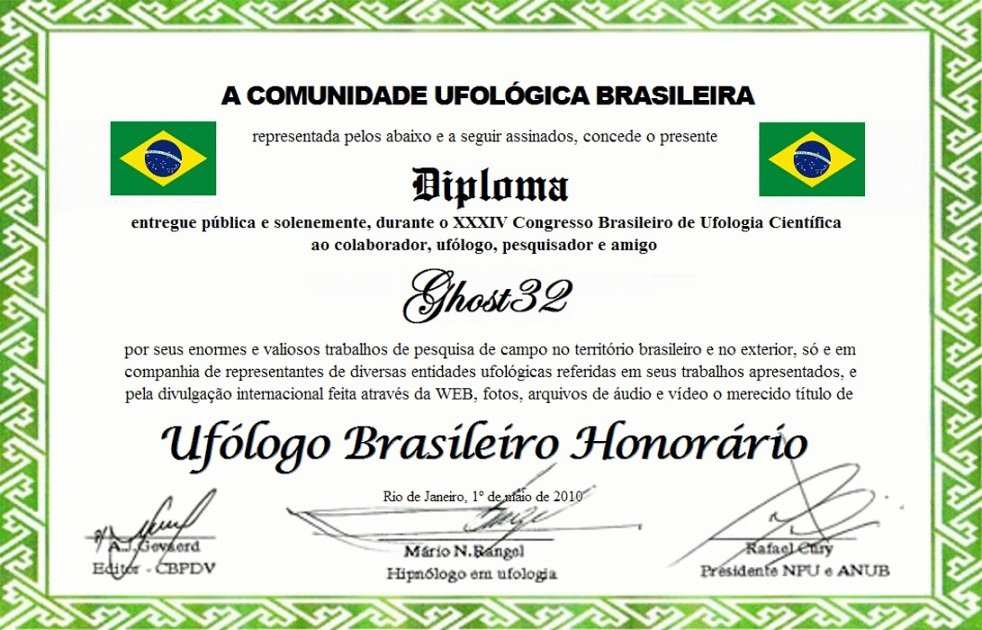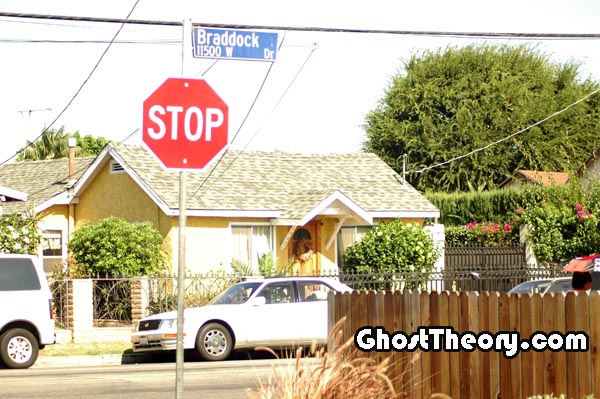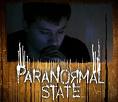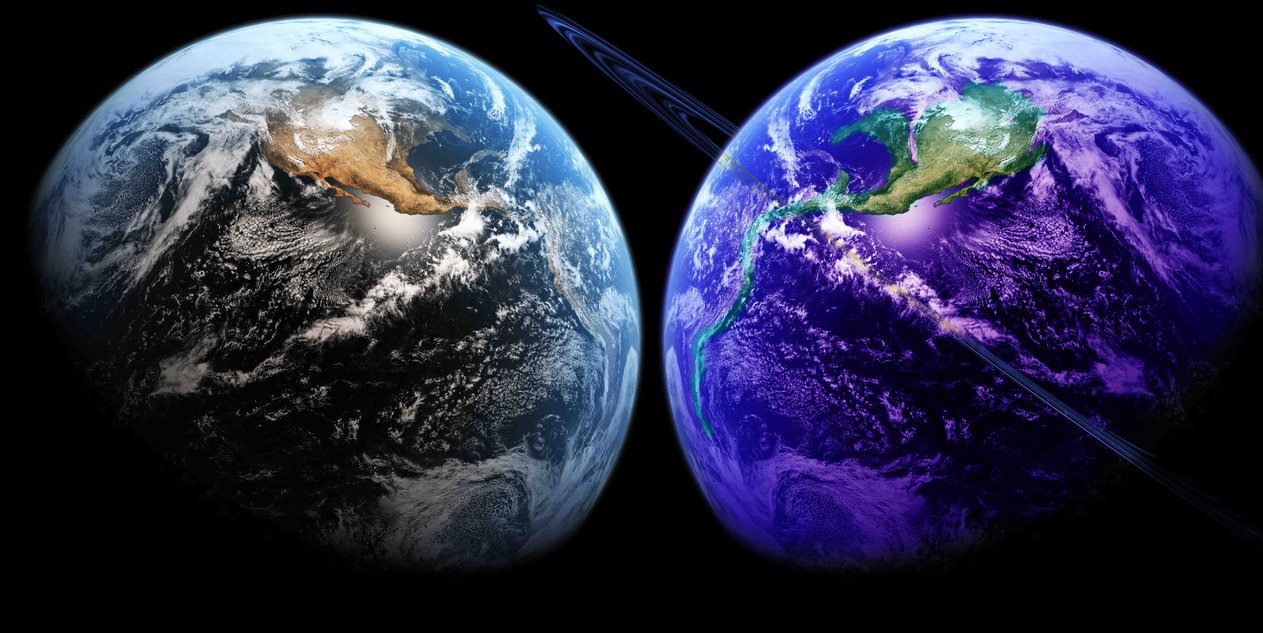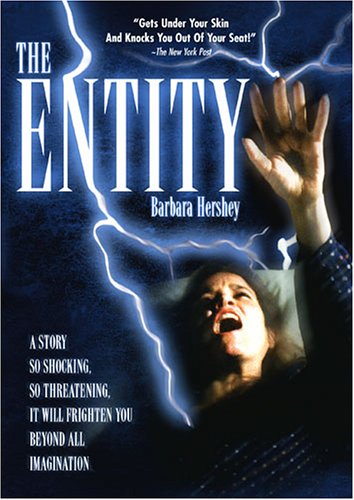Ufology (pron.: /juːˈfɒlədʒiː/) is the array of subject matter and activities associated with an interest in unidentified flying objects (UFOs). UFOs have been subject to various investigations over the years by governments, independent groups, and scientists. The term derives from UFO, which is pronounced as an acronym, and the suffix -logy, which comes from the Ancient Greek λογία (logiā).
Not to be confused with UFO religion.
There are a lot of people out there who call themselves UFOlogists. It’s not like there is a university that carries this as a major course of study, or even a minor course of study, or for that matter a recommended course of study unless you are working in sociology, abnormal psychology, or just at school to party. Okay, maybe there are a couple of places to get a degree.
There is The Metaphysics Institute which offers a degree up to a Doctoral in UFOlogy upon successful completion of courses like:
Metaphysical Self-Mastery
Metaphysical Critical Thinking and Self-Direction
Developing Your Innate Psychic and Intuitive Powers
Forensic Anomalous Evidence Analysis and Collection
Plus one elective from the course catalog. Personally I would go for Starting a Ministry or Metaphysics Practice cause lets face it, the cult leaders really get the girls!
Am I right?
Then there is Australia:
Melbourne University awarded a Doctorate of Philosophy in UFOlogy to Martin Plowman in 2008
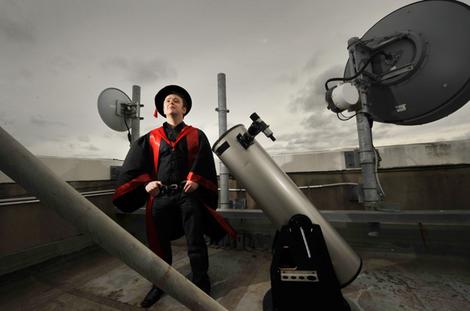
But these degrees are after the fact, a way to create a legitimacy to what people have chosen to call themselves for decades. So where does the term come from? From what becomes readily apparent as you even begin to look, it seems like if you have a basic interest in the phenomena of UFOs, have read a book written by Erich von Däniken, and watch Ancient Aliens once in a while then you are privileged to call yourself a UFOlogist. But there must be a few out there who have better reason than most to use the approbation.
There are. There are lists of them. Those lists are of varying length depending on who is compiling those lists, what their agenda is and how often those on the list get press. Many of these can be culled from the herd quite easily. What I am looking for here is UFOlogists and there are many out there who are selling themselves as being in contact with alien races through psychic means and basically selling new age religion. They can be set aside. There are others who have had a personal UFO experience and make the rounds of the conferences, have a book to peddle of their story which they feel trumps all other stories and finally proves that extraterrestrials have visited us here on Earth. Then there are those who simply parrot the work of others without bothering to question the credentials of those sources and serve only to muddy the waters of what struggles at the best of times to be taken seriously.
What I am looking for is the people with some sort of verifiable credential in science or information gathering and a background in research that lends them some credibility. So let’s look at a few of the key figures in UFOlogy.
J. Allen Hynek (deceased )Astronomer, consultant to Project Blue Book (USAF). Founded CUFOS (Center for UFO Studies)
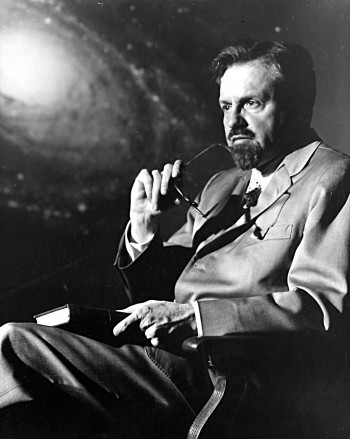
Hynek is rather unique in the field for having been deeply involved in UFO cover-up for many years. In that role it is he we have to thank for every ufo joke out there about “swamp gas” or “weather balloons” or “hallucinations.” As astronomical advisor to Project Blue Book it was his stated job to determine if there were an astronomical explanation for any reported sighting, the planet Venus being a common culprit, meteor sightings being another.
Hynek went on to step over the fence bringing with him all that he learned while involved in Project Blue Book and founded CUFOS, but to this day CUFOS has not provided more answers, only raising questions in the field of UFOlogy.
CUFOS states that it serves three main functions in the field of UFO study
The Center for UFO Studies (CUFOS) has three principal activities. First, it maintains a library and archives of UFO-related materials. These materials include books, articles, documents, and sighting reports. Second, the Center publishes reliable information about the UFO subject through its quarterly magazine, the International UFO Reporter (IUR), and its annual scholarly publication, the Journal of UFO Studies. CUFOS also publishes books, such as Encounter at Buff Ledge and Examining the Earthlight Theory, as well as monographs that examine specific cases or other aspects of the UFO phenomenon. Third, the Center supports and conducts investigations into areas of particular interest and concern to contemporary ufology.
Philip J. Corso (deceased) Was an Army Intel officer, wrote highly-disputed book on Roswell UFO incident The Day After Roswell.
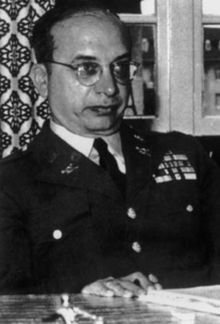
Corso among all those who have a shred of credibility in the UFO field has actually claimed to be in the presence of one of the most famous UFOs in history, the recovered Roswell craft. Throughout his military carer he worked in Intelligence, arranging passage for Jewish refugees during WWII, during the Korean war keeping track of Americans in North Korean POW camps, on the staff of President Eisenhower’s National Security Council, and Chief of the Pentagon’s Foreign Technology desk in Army Research and Development. Corso seems to have made a career of what happens in the shadows.
Allan Hendry is astronomer, full-time UFO investigator for the Center for UFO Studies in the late 1970s and early 1980s, chosen personally by Hynek because he was neither a believer nor a debunker, but a scientist who took a dispassionate research driven view of the subject matter. From that experience Hendry wrote The UFO Handbook: A Guide to Investigating, Evaluating, and Reporting Ufo Sightings. In his work for CUFOS Hendry has broken down reports to the following classifications:
89% Definitely or probably identifiable
9% Unidentified
1.5% Well-documented events which defied any conceivable conventional explanation
I’m not sure where the remaining .5% goes, but it probably falls into margin of error. So over the 1000 cases that Hendry personally investigated over the course of his time with CUFOS, that leaves a mere fifteen he considers truly beyond conceivable explanation. It is worth note that Hendry was attacked for his work from both sides of the UFO debate. In the 19802s, when CUFOS began to fail financially and were no longer able to fund a full time investigator. Hendry had come to the conclusion that the methodologies used to study UFOs were ultimately frustrating, inconclusive and futile. As a result, Hendry left CUFOS and has largely avoided further involvement in UFO studies to this day.
Stanton Friedman, U.S. born Canadian professional ufologist, former nuclear physicist, did early research on Roswell and also MJ-12 documents.
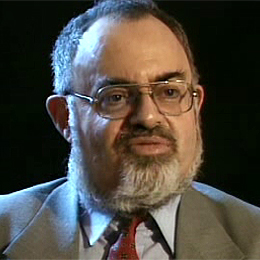
Friedman is definitely one of the foremost UFOlogists today, by which I mean if there is a documentary or event, he will probably be a part of it or get his name attached to it in some way. In my opinion Friedman walks on the path with the “believers” being those who believe because it suits them rather than because there is plausible evidence to support their belief. He has appeared and maintains support for events around which there is ample evidence of fraud. If it involves a conspiracy, a cover-up or otherwise remotely resembles Roswell, Stanton seems to believe it automatically.
Nick Pope, Former head of the UFO desk, Ministry of Defence; author of Operation Thunder Child.
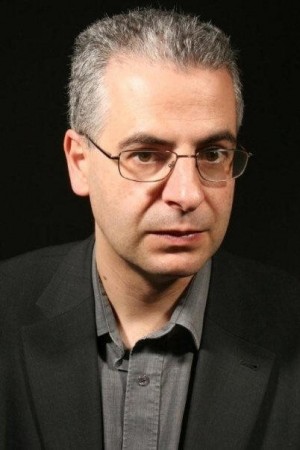
Pope, like Hynek brings his UFO knowledge out of government shadows and is one of the most outspoken figures in UFOlogy. Pope ran the British Ministry of Defense UFO Project before entering the private sector and calling for government disclosure. Recently open UFO files by the British government reveal little more info than any other open files and are largely filled with questions, and no answers.
Pope maintains a website that details his investigations and speaking engagements.
Claude Poher (b. 1936), member of the French space agency CNES, the French equivalent of NASA, and founder of GEIPAN, the official French service dedicated to the analysis of the UFO observation reports from the population.
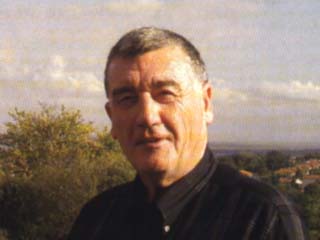
If you speak French you can view the Geipan Website here. Poher along with Jacques Vallee (found below) has presented a paper on Basic Patterns in UFO Observation
which dates back to 1975 but is still relevant today. I would love to bring more information on Poher, but it is all in French.
Jacques Vallée Computer scientist. Important figure in the UFO studies in France and in the United States. Promoted the extraterrestrial hypothesis and later the interdimensional hypothesis.
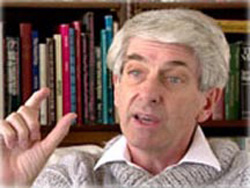
In May 1955, Vallée first sighted an unidentified flying object over his Pontoise home. Six years later in 1961, while working on the staff of the French Space Committee, Vallée witnessed the destruction of the tracking tapes of an unknown object orbiting the earth. The particular object was a retrograde satellite – that is, a satellite orbiting the earth in the opposite direction to the earth’s rotation. At the time he observed this, there were no rockets powerful enough to launch such a satellite, so the team was quite excited as they assumed that the Earth’s gravity had captured a natural satellite (asteroid). A superior came and erased the tape. These events contributed to Vallée’s long-standing interest in the UFO phenomenon.
Dr. Vallee is widely recognized as the premier investigative scientist in the realm of UFO research today. In addition to authoring numerous articles and books, Vallee served as Steven Spielberg’s advisor during the making of “Close Encounters of the Third Kind,” and was the real-life model for the character portrayed by Francois Truffaut.
There are so many names in this field and so many kooks selling conspiracies, religions, books and tin foil hats that the list could go on forever. All the names will crop up from time to time, I am certain, but for now I wanted to identify a few of the central figures around whom the others tend to orbit an rely on for credibility, and for anyone looking to begin a career as a UFOlogist that wants to retain some credibility of their own, these figures are probably a good place to start to model yourself on.
Don’t forget to visit Lindsay, say Hi and Like us on our FaceBook Page where you will find more comments and content.
A word of warning before you go down this career path
Many UFO researchers working on their research in the 1970s and 1980s died under mysterious circumstances, and may have been killed. This is the conclusion reached by an amateur astronomer, a former U.S. government adviser Timothy Hood. He made this statement at an international conference in Amsterdam dedicated to search for extraterrestrial intelligence.
This statement is true not so much for the chasers for unidentified flying objects, but the researchers trying to find extraterrestrial life, including professional astrophysics. Hood’s conclusion was prompted by a 30-year study of this topic.
Also:
For anyone interested in the Retrograde satellite mention in the Jacques Vallee section you can check out Grumman Aircraft’s plans to photograph and attempt to capture the object. I am not finding any other information on the object but am intrigued,
7 comments
